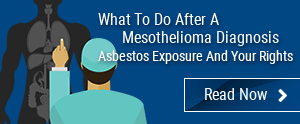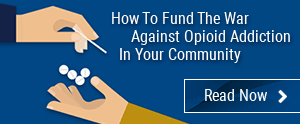The public, including those in Ohio, seems to be misled when it comes to hands-free devices while driving their vehicles, according to the National Safety Council. The group conducted a nationwide survey to determine how drivers viewed the safety issue of using their digital devices while operating their vehicles and found that 80 percent of those surveyed believe that using hands-free devices is safer than handheld phones.
Additionally, the NSC reported that 53 percent of survey participants believe that using hands-free devices is a safer practice because manufacturers install the equipment in vehicles. The council says that this is a misconception and that they want to put a stop to the myths by raising awareness during the month of April. They want drivers to know that hands-free devices are just as dangerous as handheld phones.
The senior director of the NSC’s Transportation Initiatives said that the brain does not multi-task and that a person cannot successfully have a phone conversation and drive safely at the same time. The report did not reveal statistics about the number of car accidents that have occurred while someone was using a hands-free device. Further, no statistics were given by the NSC to show the number of deaths and injuries that have occurred while people are using digital devices in their cars.
Families who suffer the loss of a loved one due to an inattentive driver in such cases might consider a wrongful death lawsuit citing cellphone usage as evidence of negligence. The family could work together with a personal injury attorney to recover losses due to emergency medical care before their loved one died, funeral expenses and, if the deceased victim had dependents, lost wages to help ease the added burdens to their financial situation.
Source: Insurance Journal, “Why Hands-Free Cell Phones Are Not Safer: Safety Council“, April 17, 2014


